Biden bans Ortega, other Nicaraguan officials from entering US
The United States has imposed an entry ban on Nicaraguan President Daniel Ortega and his government officials, following the Central American country's presidential election earlier this month, which Washington has denounced as "rigged" and "undemocratic."
In a broad proclamation issued on Tuesday, US President Joe Biden barred Nicaragua's "elected officials," including Ortega and his wife, Vice President Rosario Murillo, as well as security forces, judges, mayors, and their family members from entering the United States.
"The repressive and abusive acts of the Ortega government and those who support it compel the United States to act," Biden said in a statement announcing the ban.
"The Ortega government's undemocratic, authoritarian actions have crippled the electoral process and stripped away the right of Nicaraguan citizens to choose their leaders in free and fair elections," he added.
Biden further noted that he had determined it was in the US's interests to ban the entry of all those "who formulate, implement or benefit from policies or actions that undermine or injure democratic institutions or impede the return to democracy in Nicaragua."
"The physical and psychological abuse of political prisoners at the hands of police and prison authorities is intolerable and cannot stand," he said, accusing the judiciary of "aiding and abetting" politically motivated arrests.
Biden's order came after Ortega overwhelmingly won the November 7 presidential election, getting a fourth consecutive term. It also came just a day after Britain and Canada imposed new sanctions against prominent Nicaraguan officials in response to the country's recent election.
The US president has already labeled the general elections in Nicaragua as a "pantomime" vote, claiming it was "neither free nor fair, and most certainly not democratic." The European Union has also rejected the results.
Last Monday, Ortega hit back at the US and Europe, labeling them "Yankee imperialists."
The re-election of Ortega, 75, who helped depose the right-wing Somoza family dictatorship in the late 1970s, is likely to escalate tensions between Washington and Managua.
The United States has long been accused of interfering in the internal affairs of Nicaragua, a Latin American country it occupied from 1912 to 1933 as part of the Banana Wars.
Washington and the EU have already imposed sanctions against Ortega's family members and allies amid a series of US-provoked anti-government protests in the lead-up to the recent election.
Nicaragua's police have imprisoned nearly 40 leading opposition figures over alleged collusion with US agents and operatives since May, including seven presidential candidates, prominent business leaders and journalists.
Earlier this month, the US Congress approved legislation to step up diplomatic pressure on the government of President Ortega. The so-called RENACER Act was adopted by 387 votes in favor and 35 against in the US House of Representatives on November 4. It had been approved by the full Senate in August.
The legislation also added Nicaragua to the list of the Central American countries subject to visa restrictions for corruption, and requires more intelligence reports on alleged Russian government activities in the Central American country, including reports on Russian military sales to Managua, reports said.
Ortega served as the Nicaraguan president in 1980s before losing power in 1990. He, however, staged a stunning comeback in 2007. Since 2017, the 75-year-old leader has ruled the Central American country alongside his 70-year-old his wife, Vice President Rosario Murillo.
Israel clearing northern Gaza land for settlements: Report
Gaza deadliest place for journalists and aid workers: UNRWA chief
Israel claims body of final captive recovered from Gaza
VIDEO | Armed gangs in Gaza at center of brewing power struggle over civil administration
3,500 Iranian cultural, media figures support Leader amid Trump’s threats
Hezbollah chief: New US-Israeli war on Iran will set entire region ablaze
UAE says will not allow its airspace, territory to be used for attacks on Iran
VIDEO | Press TV's news headlines


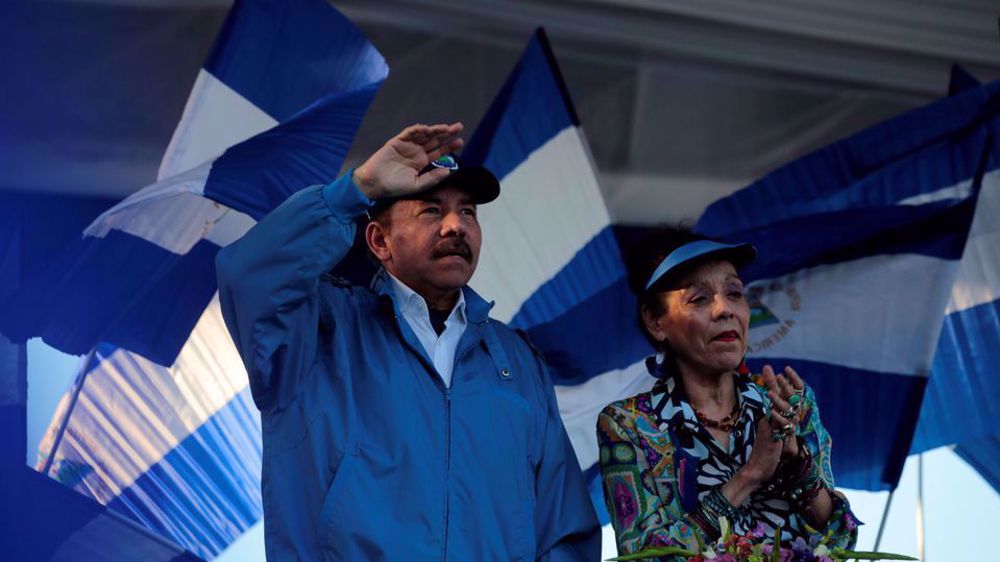
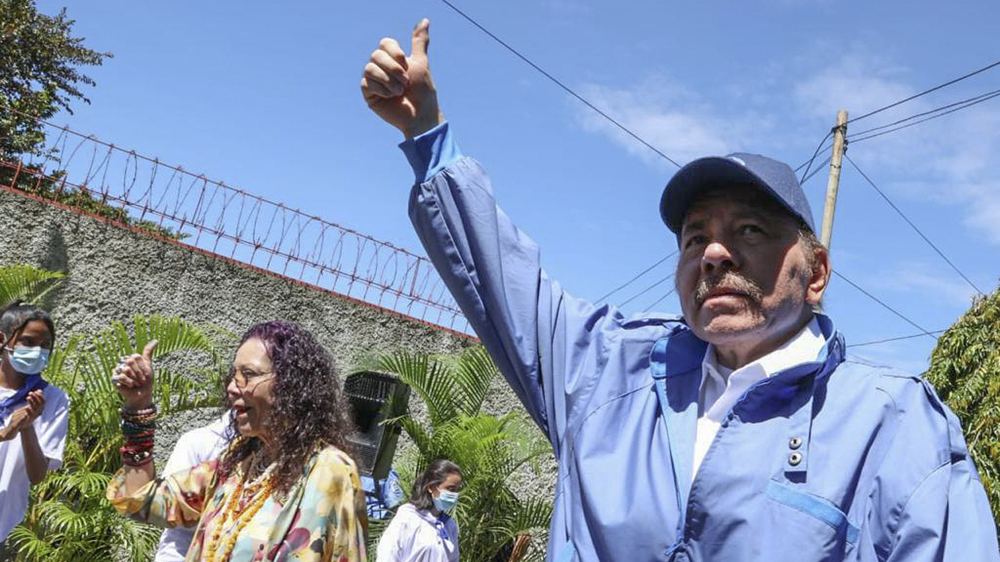
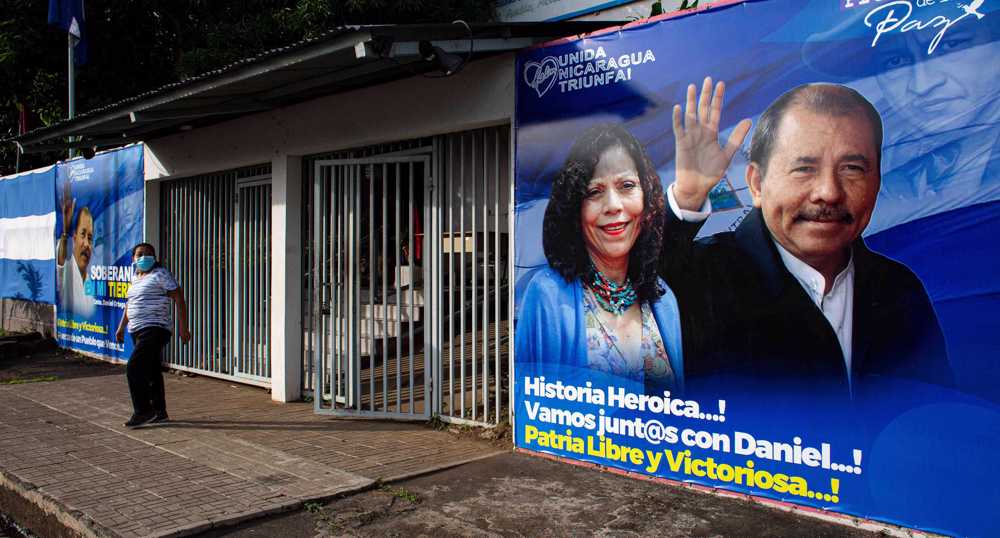
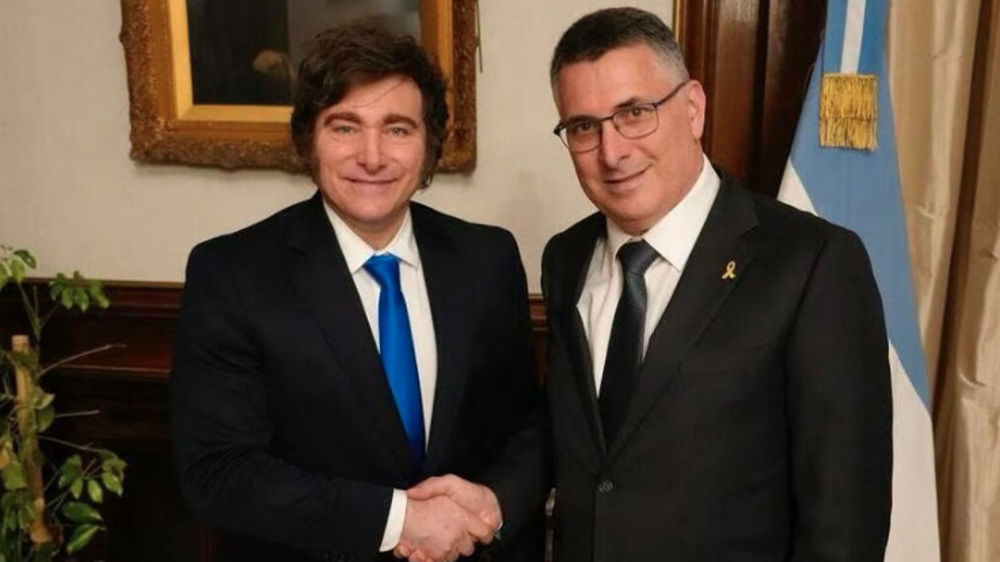
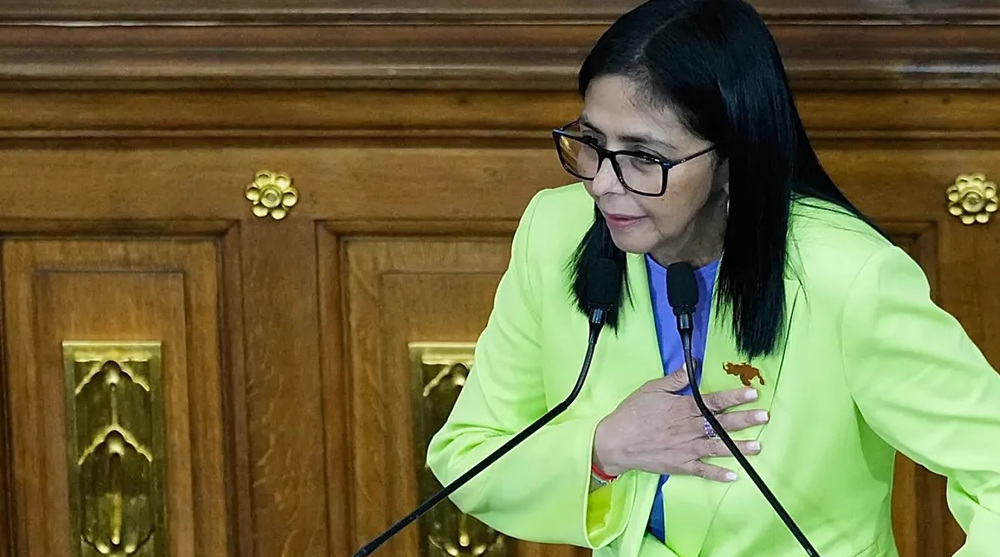
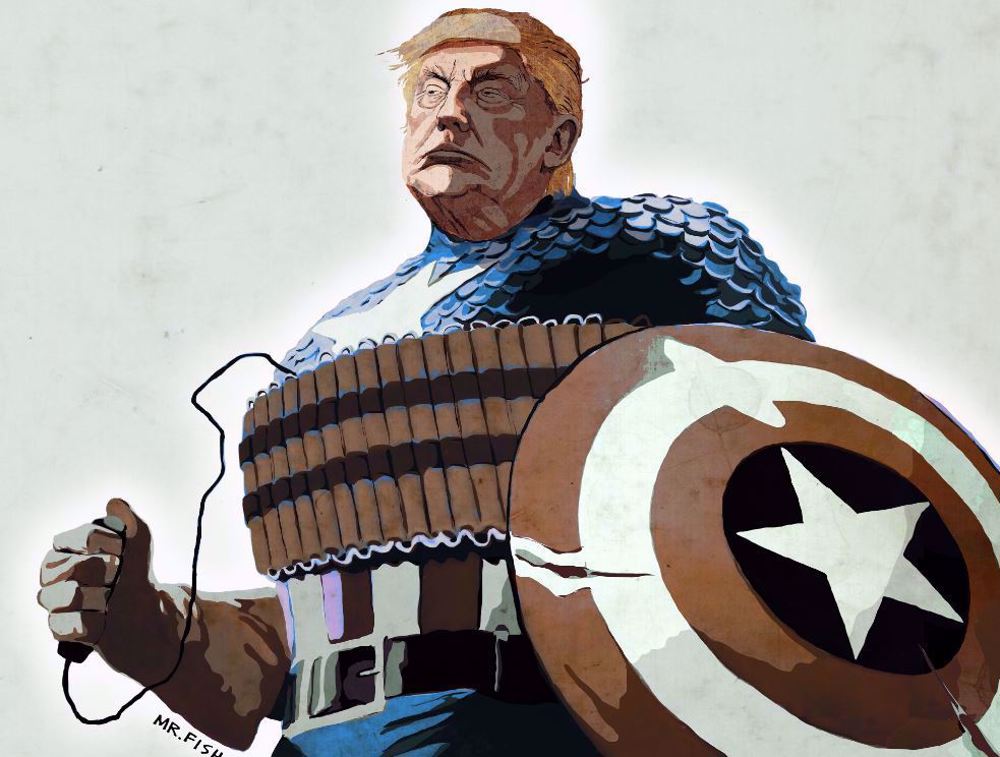



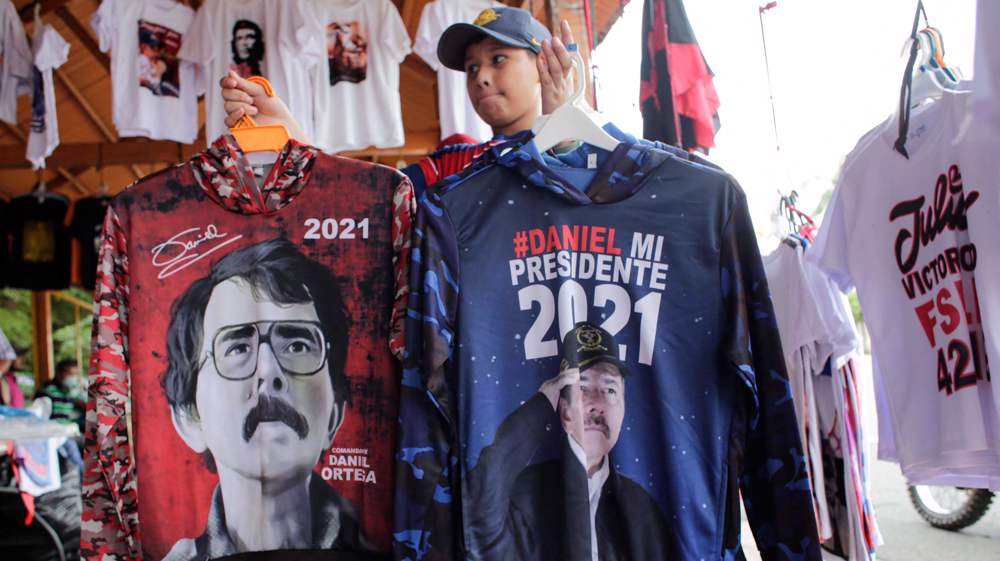
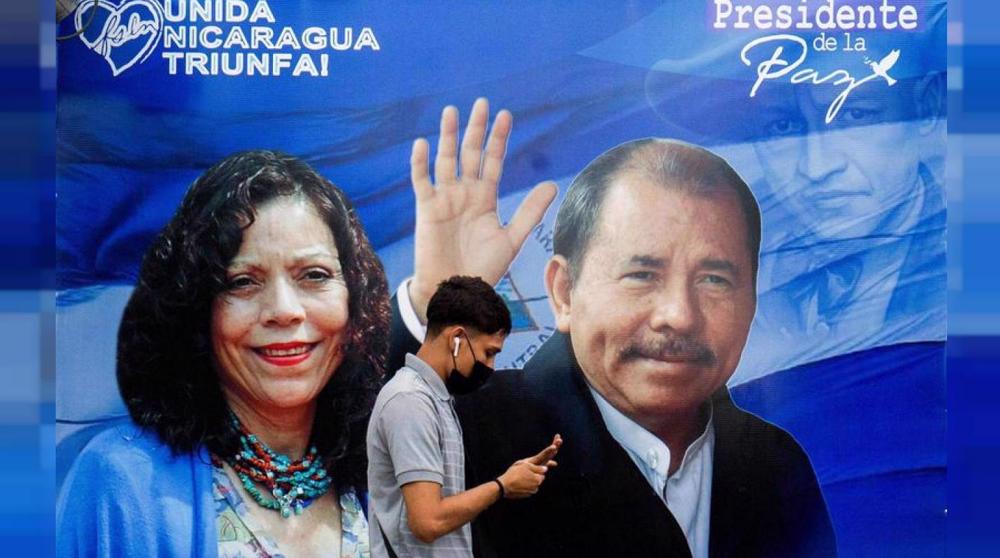

 This makes it easy to access the Press TV website
This makes it easy to access the Press TV website